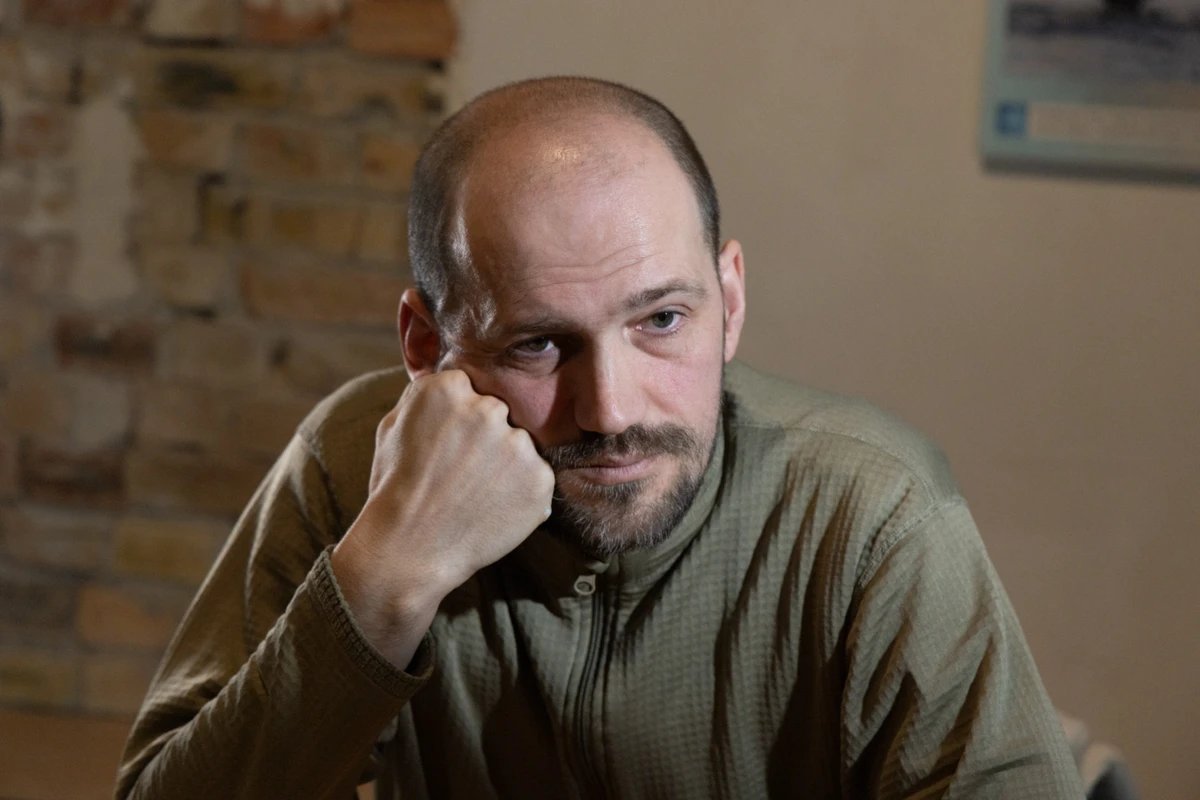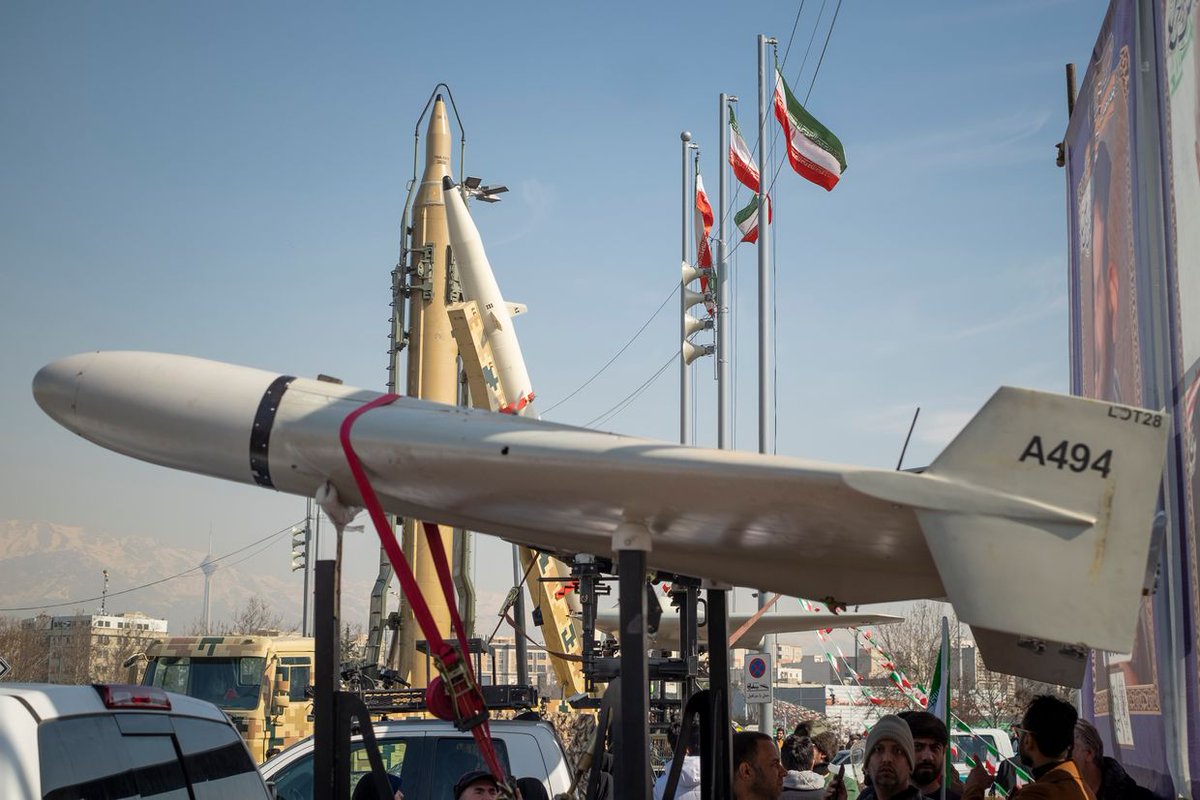Day 500 of the Russian war in Ukraine.
I am president of the Kyiv School of Economics, a former minister of economy of Ukraine, and a professor of economics at the University of Pittsburgh. I left the US for Kyiv 4 days before the war.
These are the lessons I learned. 1/
I am president of the Kyiv School of Economics, a former minister of economy of Ukraine, and a professor of economics at the University of Pittsburgh. I left the US for Kyiv 4 days before the war.
These are the lessons I learned. 1/
1. We owe our survival to unity and ingenuity
2. Empathy holds more power than rationality.
3. Understanding is out of reach without personal experience
4. War can forge you into a better person, tuned into the world's real problems
2/
2. Empathy holds more power than rationality.
3. Understanding is out of reach without personal experience
4. War can forge you into a better person, tuned into the world's real problems
2/
5. Our Ukrainian success hinges on knowledge and continual learning
6. The harshness and monotony of war quickly become the norm
7. Life's singular purpose is to persist and advance towards victory for Ukraine; all else is secondary.
3/
6. The harshness and monotony of war quickly become the norm
7. Life's singular purpose is to persist and advance towards victory for Ukraine; all else is secondary.
3/
Let me expand on each of this points.
1. Unity and ingenuity.
Russia was hoping that a politically polarized Ukrainian society won't be able to provide a quick and unified response to the invasion. They expected that Ukrainians will be slow to react. 4/
1. Unity and ingenuity.
Russia was hoping that a politically polarized Ukrainian society won't be able to provide a quick and unified response to the invasion. They expected that Ukrainians will be slow to react. 4/
And surrender its state and government. After all, in the Russia view, people don't have agency. Russian people are no one for the Kremlin, why should Ukrainians be any different.
But we are. The war has shown unprecedented unity, willpower, and innovation by the Ukrainians 5/
But we are. The war has shown unprecedented unity, willpower, and innovation by the Ukrainians 5/
2. Empathy holds more power than rationality.
This one is difficult to explain. Because it is irrational. People sacrifice their lives so that others can survive. On the individual level, to a rational person, educated in the West, or living in Russia, it might not make sense 6/
This one is difficult to explain. Because it is irrational. People sacrifice their lives so that others can survive. On the individual level, to a rational person, educated in the West, or living in Russia, it might not make sense 6/
But when you are in the war, you are not doing careful rational calculus. You are often driven by emotions, a much more powerful motivator. In the case of Ukraine, these are primal emotions. Ukraine has been attacked, people are tortured and killed. 7/
This is the biggest injustice there could be in the world, and it must be corrected. This is what drives people. While it might not be rational, it saves Ukraine and it will ensure our independence and safety from Russia in the future. At the unbelievable high cost of lives 8/
Now I understand that it must be how nations are created and that not any tribe or people could be a nation. Independence and freedom are not free. I just wish fewer people would have to die. 9/
3. Understanding is out of reach without personal experience
The war is covered in fog. Literally and through disinformation. Also, most of our cognitive and learning frameworks that we are humans and societies have developed - fail. They are not adequate for this environment.10
The war is covered in fog. Literally and through disinformation. Also, most of our cognitive and learning frameworks that we are humans and societies have developed - fail. They are not adequate for this environment.10
So, unless you see and experience it, you don't really know what to believe. This is why it is critically important to visit the front lines, to speak with the soldiers, to interact with the survivors of occupation, and visit all kinds of places in Ukraine. 11/
Ukraine is large and the war is diverse. Sometimes two villages a couple of miles apart have had very different experiences and now have different attitudes and culture. So, I have learned to be humble and try to learn first from eyewitness to form my own opinion. 12/
4. War can forge you into a better person, tuned into the world's real problems
This one is simple. War makes you a better person because it cleans you of all secondary thoughts and ambitions. The human life, dignity, freedom become key for me. 12/
This one is simple. War makes you a better person because it cleans you of all secondary thoughts and ambitions. The human life, dignity, freedom become key for me. 12/
Now I truly understand the meaning of the human rights. They are not an abstraction for me anymore. Yes, they can be taken away. They can disappear from your life without warning. You can wake up occupied. But human rights must be defended at all costs. 13/
5. Our Ukrainian success hinges on knowledge and continual learning
Russia is powerful, bigger, has a lot of weapons and people willing to fight or too afraid to desert.
So, we need to be smarter, better educated, more tech savvy. We have to deploy technology to win. 14/
Russia is powerful, bigger, has a lot of weapons and people willing to fight or too afraid to desert.
So, we need to be smarter, better educated, more tech savvy. We have to deploy technology to win. 14/
And we have to be educated to continue to run our society and economy, during and post war. 15/
6. The harshness and monotony of war quickly become the norm
Before the war I was afraid of the war. I was not sure whether I would behave in a decent way. Would I run away from Ukraine? Would I be afraid to be at the frontlines?
Clearly, people are differently programmed 16/
Before the war I was afraid of the war. I was not sure whether I would behave in a decent way. Would I run away from Ukraine? Would I be afraid to be at the frontlines?
Clearly, people are differently programmed 16/
But what I learned about the fear of war is that it also comes from ignorance, from the loss of control over your life. Over time one get used to the war, one learns how to live through. Humans are amazing at adapting. The war shows it to you. 17/
7. Life's singular purpose is to persist and advance towards victory for Ukraine; all else is secondary.
That's for me. And for most Ukrainians. We want to survive. So, while I miss my academic career in the US and regret that I might not be a good economist as a result of 18/
That's for me. And for most Ukrainians. We want to survive. So, while I miss my academic career in the US and regret that I might not be a good economist as a result of 18/
coming back to Ukraine before the war, I think I have made the right choices as a human. I have one life and I want to liver it true. So, Ukraine must win, and the rest can wait.
Thank you for reading this. I feel we are not alone in this. It will be over one day. X
Thank you for reading this. I feel we are not alone in this. It will be over one day. X
My main purpose in life is to build KSE university! This is especially important during the war. If you want to support KSE, you can do it here
Thank you so much for your solidarity!foundation.kse.ua
Thank you so much for your solidarity!foundation.kse.ua
• • •
Missing some Tweet in this thread? You can try to
force a refresh






